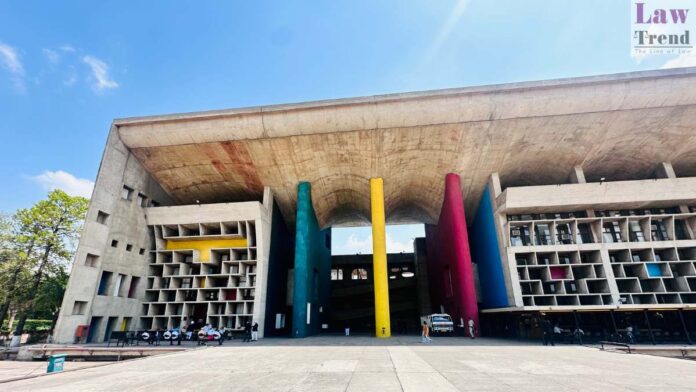In a definitive statement, the Punjab and Haryana High Court clarified that individuals do not possess an absolute right to represent themselves in legal proceedings. The decision came from Justice Sumeet Goel, who emphasized that the permission for a litigant to appear as a party-in-person lies at the discretion of the court.
Justice Goel stated, “There is no absolute or indefeasible right vested in a litigant to appear on his/her own before a court or authority, and such permission is granted at the discretion of the court or authority involved.”
The remarks were part of a ruling in which the Court addressed the issue after two litigants opted to argue their case in-person. Their petition sought the registration of a First Information Report (FIR) against certain Punjab Police officials, alleging serious offenses including illegal trespass, assault, sexual harassment, and robbery, with a request for a Central Bureau of Investigation (CBI) probe.
Before delving into the merits of the case, the Court assessed the broader implications of self-representation. It pointed out the potential risks involved when non-advocates handle their legal arguments, highlighting the complexities and formalities of court proceedings which require professional legal expertise.
The Court elaborated on the role of advocates within the adversarial system, describing them as essential to the smooth functioning of justice. “Advocates, as officers of the court, uphold not only their client’s interests but also facilitate the judicial process by informing the court of all pertinent legal factors, including those that might adversely affect their client’s case,” the Court observed.
It further discussed the possible disadvantages for litigants appearing without legal representation, such as the risk of failing to adequately present their case or not adhering to courtroom protocol. Additionally, the Court mentioned that emotionally charged cases, like marital disputes, could suffer from non-constructive approaches when parties represent themselves.
In instances where financial constraints prevent a litigant from hiring an advocate, the Court recommended the provision of legal aid counsel to ensure fair access to justice.
Concluding its judgment, the Court directed the petitioners to the appropriate Judicial Magistrate for the FIR registration and dismissed the plea for a CBI investigation, citing the absence of inter-state ramifications and inadequate grounds for bypassing local police authority.




